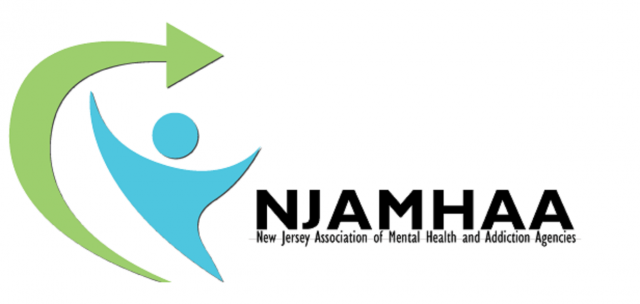May 16, 2023
The White House has published a fact sheet on actions taken by the Biden-Harris Administration to ensure continued COVID-19 protections and preparedness after the end of the Public Health Emergency (PHE). As the PHE ended on May 11, 2023, the fact sheet provides information on policies and programs that are still in place following the end of the PHE, as well as information on how long such policies and programs will remain in place.
As listed in the fact sheet, the various policies and programs that remain in effect are as follows:
- Access to COVID-19 vaccines provided by the federal government will not be affected in the months to come. After the transition to the traditional healthcare market, the U.S. Department of Health and Human Services' Bridge Access Program for COVID-19 Vaccines and Treatments will provide broad access to COVID-19 vaccines and treatments for uninsured Americans, which has been a critical component of the COVID-19 response.
- COVID-19 tests will remain accessible and available for all Americans at COVIDTests.gov until the end of May 2023, and the U.S. Government (USG) will continue to provide access for the uninsured through the Increasing Community Access To Testing Program (ICATT).
- Protections that provide patients with greater access to health care will remain in place.
- Many major telehealth flexibilities will remain in place, particularly for those who struggle to find access to care, such as in rural areas.
- The USG will continue to provide Americans with accessible information on local COVID-19 risks and will continue to track emerging variants and their impact in the U.S. and around the world.
- Project Next Gen will accelerate and streamline the rapid development of the next generation of COVID-19 vaccines and treatments through public-private collaborations.
- The USG will continue to invest in efforts to better understand and address Long COVID, and support Americans affected by it.
- Investments on improving indoor air quality will drive innovation in ventilation and filtration to build better protection against respiratory illness.
Click here to access the fact sheet and for more details on each of the above policies and programs that are set to continue.



